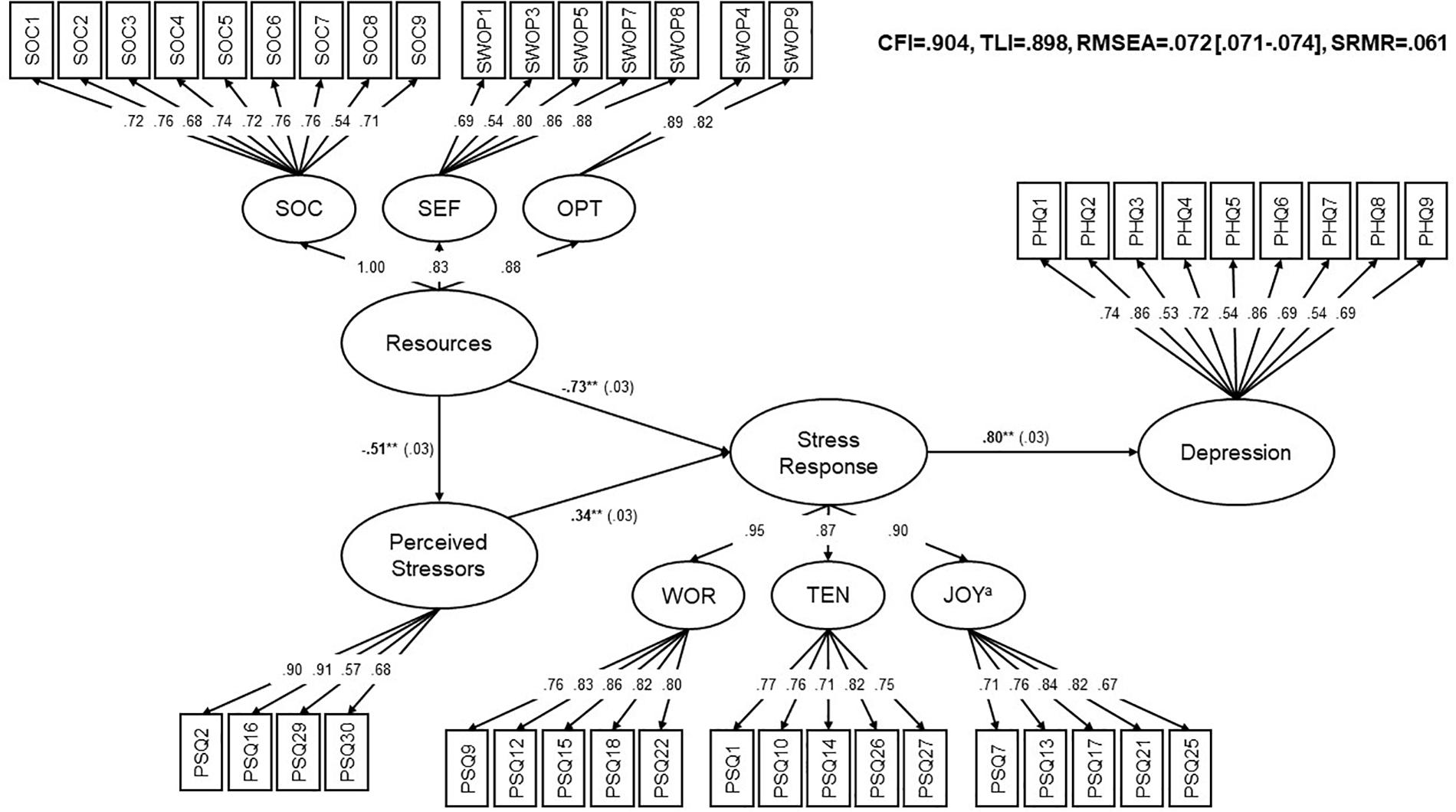

Lazarus' Theory Of Stress Lazarus states that stress is experienced when a person perceives that the “demands exceed the personal and social resources the individual is able to mobilise." The key components of the theory are appraisal and coping, along with emotion, which is central to both components. Using this as an assessment framework provides clinicians with the needed information with which to apply appropriate crisis interventions or provide brief supportive therapeutic encounters to potential at-risk groups or individuals who are already presenting with acute distress symptoms specifically in the aftermath of a disaster. , Pfefferbaum B, Pfefferbaum RL, Christiansen EH, Schorr JK, Vincent RD, Nixon SJ, et al. (2004) The importance of being flexible: The ability to both enhance and suppress emotional expression predicts long-term adjustment. , Bonanno GA, Papa A, Lalande K, Westphal M, Coifman K. The most influential theory of stress and coping was developed by Lazarus and Folkman (1984) who defined stress as resulting from an imbalance between perceived external or internal demands and the perceived personal and social resources to deal with them. Appraisal Theory In addition to stress theory, one of the cornerstones of the transactional framework is appraisal theory. American Journal of Public Health 93:400≤06. The use of theory in program planning and organizing by assessing the community-felt needs can also guide decision making on the appropriate level and type of services provided to the communities affected by a disaster. Susan Folkman, present here a detailed theory of psychological stress, building on the concepts of cognitive appraisal and coping which have become major themes of theory and investigation.

The understanding of whether a stressor is acute or chronic lends itself to a more thorough recognition of the responses and behaviors the clinician witnesses in the client. In order to fully understand the implications that stress theory can have on clinical practice, it is important to thoroughly review the theoretical concepts and how they specifically can relate to actual stressful situations. According to Richard Lazarus, stress is a two-way process it involves the production of stressors by the environment, and the response of an individual subjected to these stressors. In this case, the cognitive appraisals include the recognition of threat occurrence and self-efficiency in the adaptation of health behavior recommendations. Essentially, our appraisal of a situation causes an emotional, or affective, response that is going to be based on that appraisal. The result was that stressful situation accounted for ten percent of the changes in distress. This study aimed to do so within the context of a major life event: cancer diagnosis. The model conceptualizes stress as a result of how a stressor is appraised and how a person appraises his/her resources to cope with the stressor. Many theories have been developed over the years to understanding the stress, appraisal and coping strategies that people apply. (b) Using theory, what do we assess for after a disaster? With an understanding of this framework, the assessment of cognitive and behavioral coping strategies can greatly assist mental health professionals in making clinical assessments regarding the type of coping strategies utilized following a disaster, how effective these coping strategies are in relieving distress, and what interventions may be beneficial in aiding individuals, families, as well as the larger community to restore positive functioning postdisaster.

Journal of the American Medical Association 288:1244. An empirical review of the empirical literature, 1981≢001. This association is described by two main phases Cognitive appraisals and coping.


 0 kommentar(er)
0 kommentar(er)
